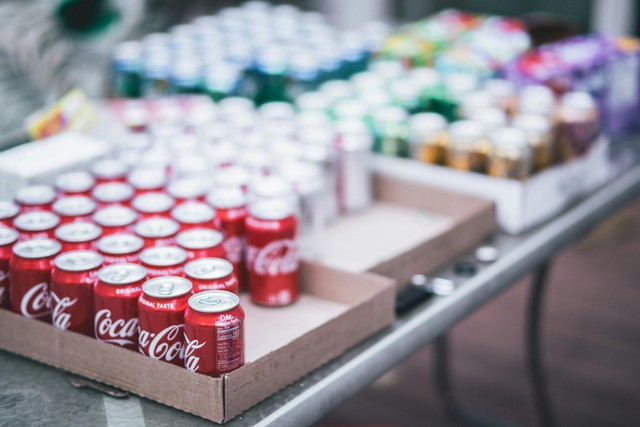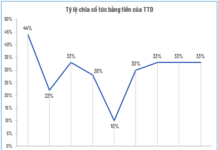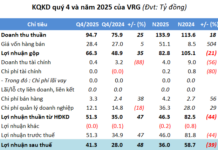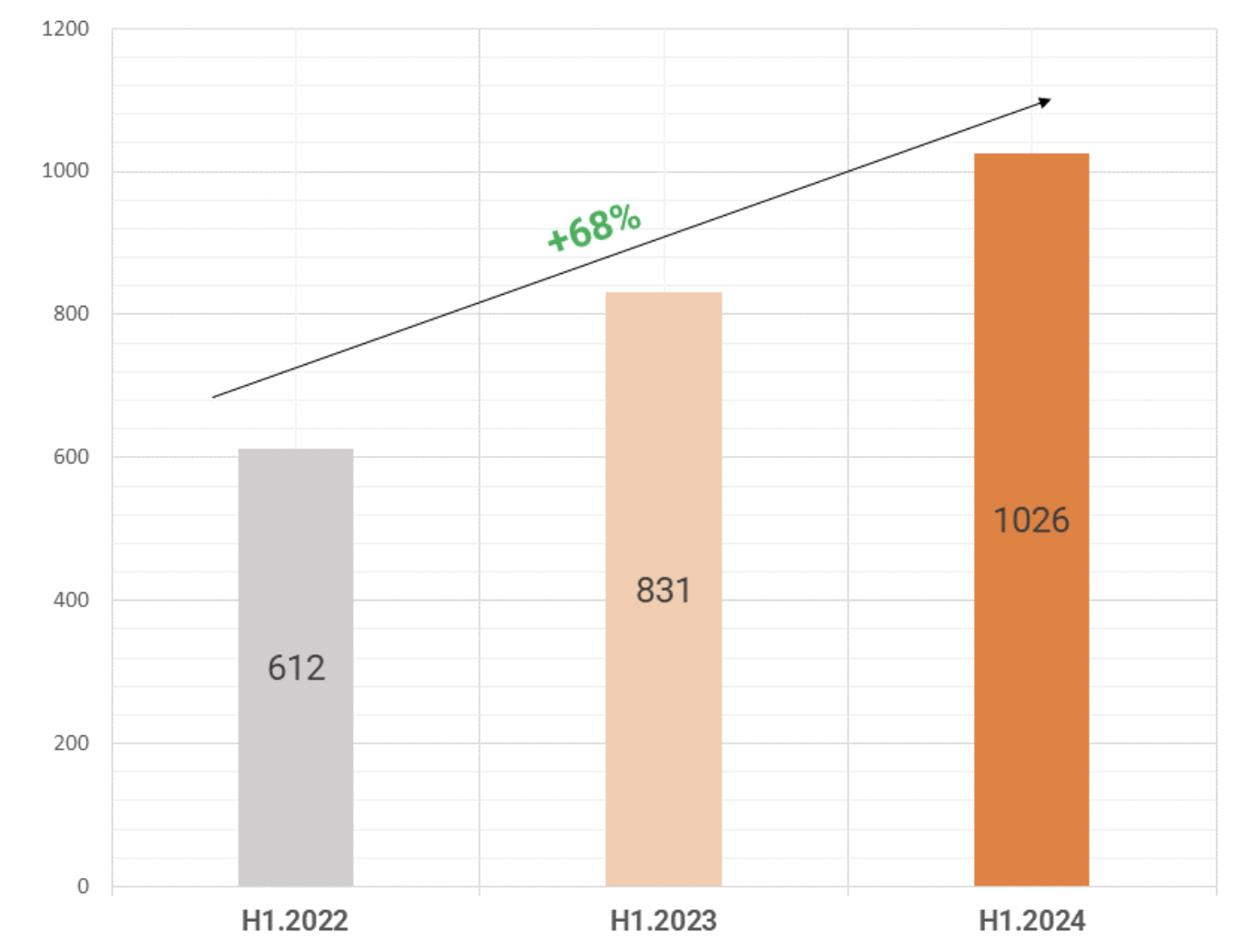The Ho Chi Minh City Department of Finance has released an update regarding the operations of the Coca-Cola plant located on Vo Nguyen Giap Street, Linh Xuan Ward, HCMC.
According to the statement, the project of Coca-Cola Beverages Vietnam Co., Ltd. has a 30-year operational period, commencing on September 27, 1995. Consequently, the project will expire on September 27, 2025. Previously, on February 20, Coca-Cola Vietnam pledged to cease all project activities after this date.
Under the 2020 Investment Law, investors are obligated to complete termination procedures for the project upon expiration. Additionally, Decree 102/2024/NĐ-CP allows businesses to continue using the land for up to 24 months to liquidate assets and settle land-use rights before returning it to the state.

In preparation for this transition, Coca-Cola Vietnam inaugurated a new plant in July 2025 at the Phu An Thanh Industrial Park (Ben Luc, Tay Ninh), with an investment of $136 million.
Spanning 19 hectares, the facility features five bottling lines with a maximum capacity of 1 billion liters of beverages annually, making it Coca-Cola’s largest production site in Vietnam.
Swire Coca-Cola’s 2024 annual report indicates that Vietnam’s sales volume reached 154 million units, with each unit equivalent to 24 servings of 8 ounces, totaling 874 million liters. This reflects a slight decline from 155 million units in 2023.
With these figures, Vietnam ranks as Swire Coca-Cola’s third-largest market, following Mainland China (1.38 billion units) and the U.S. (336 million units). Vietnam’s consumption surpasses regional markets such as Hong Kong (65 million units), Taiwan (72 million units), Thailand (97 million units), Cambodia (28 million units), and Laos (3 million units).
However, per capita consumption in Vietnam remains modest, at approximately 37 servings (8.8 liters) in 2024, comparable to Cambodia and slightly higher than Laos (10 servings). Thailand records 41 servings, while Mainland China achieves 48, Taiwan 74, and Hong Kong 195. The U.S. leads with 256 servings, equivalent to 60.6 liters per person.
Clarifying the Regulations on “Suspension” and “Termination” of Investment Projects
The government has mandated a comprehensive study to establish clear regulations regarding the authority, procedures, criteria, and documentation required to determine the “suspension or termination of project activities.” This initiative aims to effectively address the aforementioned projects, ensuring the efficient utilization of state, business, and citizen resources, thereby preventing wastage.
Empowering the Government in Regulating Conditional Business Sectors and Professions
The Ministry of Finance has proposed amending the Investment Law by empowering the Government to issue the List of Conditional Business Sectors and Trades, rather than redefining it within the existing legal framework.




















